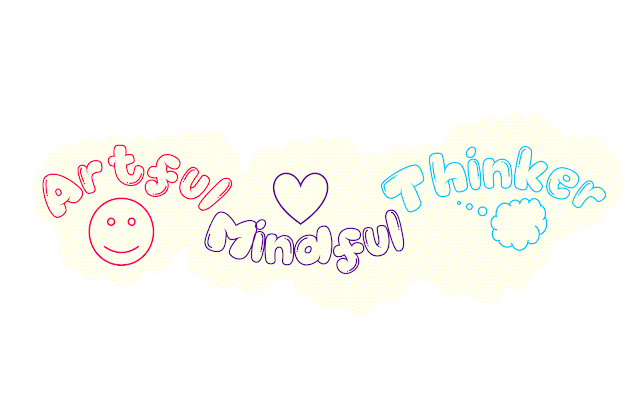The human
brain possesses an incredible capacity for learning, adapting, and acquiring
new skills. Among these skills, the ability to think critically and ask
meaningful questions plays a vital role in expanding knowledge, solving
problems, and fostering personal growth. This article explores the art of
questioning and outlines effective strategies to train the brain to excel in
thinking skills.
The
Importance of Questioning: Questioning is a fundamental cognitive process that
stimulates curiosity, promotes deeper understanding, and drives innovation. By
asking thoughtful questions, we challenge assumptions, seek alternative
perspectives, and uncover hidden insights. Questioning fuels intellectual
curiosity, fosters creative thinking, and empowers individuals to make informed
decisions.
·
Cultivating a Questioning Mindset: To train the brain
to master thinking skills, developing a questioning mindset is crucial. This
involves embracing curiosity, open-mindedness, and a willingness to challenge
existing knowledge. By fostering an inquisitive attitude, you create an
environment that encourages continuous learning and exploration.
·
Active Engagement through Inquiry-Based Learning:
Inquiry-based learning is an effective approach to engage the brain in active
thinking. This method involves posing questions, investigating solutions, and
reflecting on outcomes. By actively participating in the learning process, the
brain strengthens its ability to think critically, analyze information, and
generate innovative ideas.
·
Enhancing Metacognition: Metacognition refers to the
awareness and understanding of one's thought processes. By developing
metacognitive skills, individuals can train their brains to think more
effectively. Regularly reflecting on the quality of your thinking, identifying
biases, and evaluating the reliability of your reasoning can improve overall
cognitive performance and decision-making abilities.
·
Diverse Perspectives and Intellectual Humility: To
foster a culture of questioning, it is essential to embrace diverse
perspectives and practice intellectual humility. By actively seeking out
different viewpoints, engaging in respectful debates, and challenging our own
beliefs, we can broaden our understanding and develop more nuanced thinking
skills.
·
Embracing Continuous Learning: To maintain a
questioning mindset, it is crucial to cultivate a habit of lifelong learning.
Read widely, explore new subjects, and expose yourself to a variety of
experiences. By expanding your knowledge base, you provide your brain with a
rich pool of information to draw upon when engaging in critical thinking and
asking insightful questions.
·
Tools and Techniques for Questioning: Various tools
and techniques can facilitate the development of questioning skills. These
include the Socratic method, mind mapping, brainstorming, and the 5 Whys
technique. Experiment with different approaches to find the ones that resonate
with you and incorporate them into your thinking routine.
·
Practicing Intellectual Curiosity: Intellectual
curiosity is the fuel that drives questioning. Engage in activities that
stimulate your curiosity, such as exploring new hobbies, traveling, attending
lectures, or engaging in thought-provoking conversations. Encourage a sense of
wonder and a thirst for knowledge, as this will keep your brain engaged and
eager to seek answers.
Training the
brain to master thinking skills requires a deliberate focus on developing a
questioning mindset, cultivating metacognition, embracing diverse perspectives,
and maintaining intellectual curiosity. By incorporating these strategies into
your daily life, you can unleash the full potential of your brain, enhance your
critical thinking abilities, and open doors to new opportunities for personal
and intellectual growth. Remember, the power of questioning lies within you;
it's time to harness it and embark on a lifelong journey of discovery.

